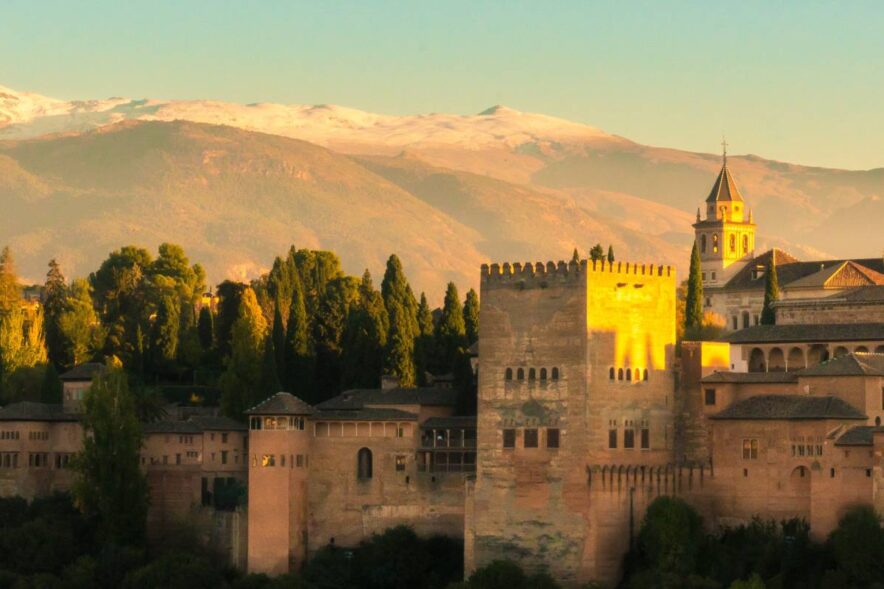What Is Love? “Love is love” is one of the most common phrases of our time, meant to end...
Tag: the gospel
Showed 1 to 9 posts out of 19 total under "Tag: the gospel" category.
The entire Christian faith rests on this foundation—first and foremost, the resurrection of Jesus himself, and then the promised...
The ongoing conversation about the ‘role’ of women in the church, in marriage, and in society is not new....
(Not a reader? Take a listen instead ⇓) The sovereignty and rule of God has always existed and will...
“If the Spirit of Him who raised Jesus from the dead dwells in you, He who raised Christ Jesus...
“Though outwardly we are wasting away, inwardly we are being renewed day by day.” | 2 Corinthians 4:16, NIV...
(Not a reader? Take a listen instead ⇓) Let me tell you a tale. It starts in a garden,...
The Weft And Warp Of Scripture The word of God is like a vast tapestry, its main theme interwoven...
(Not a reader? Take a listen instead ⇓) “By the 14th century, the Norman invasion of Ireland was struggling....











